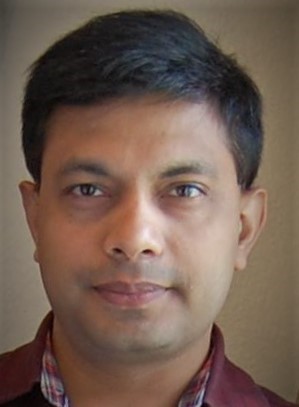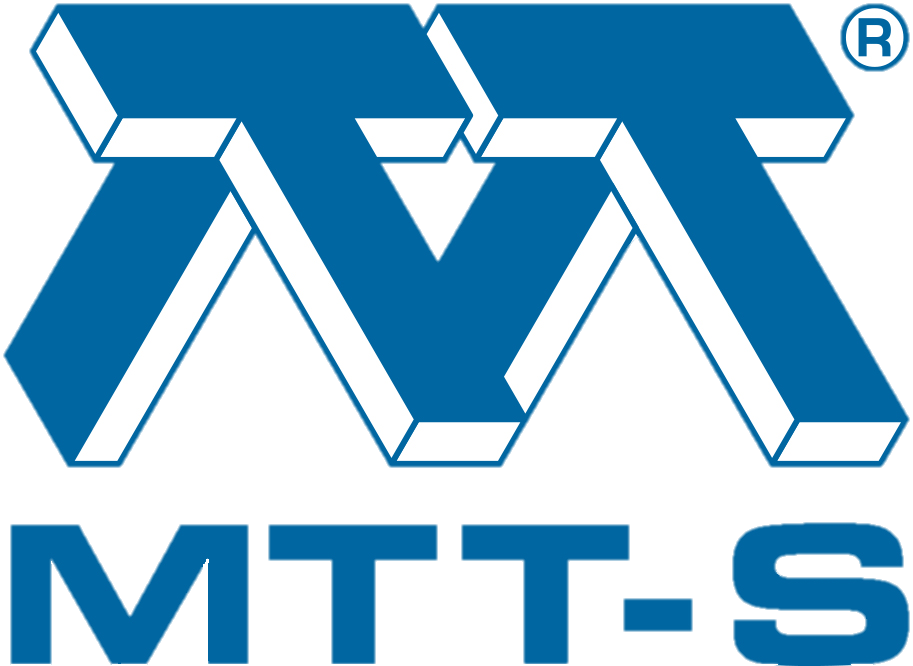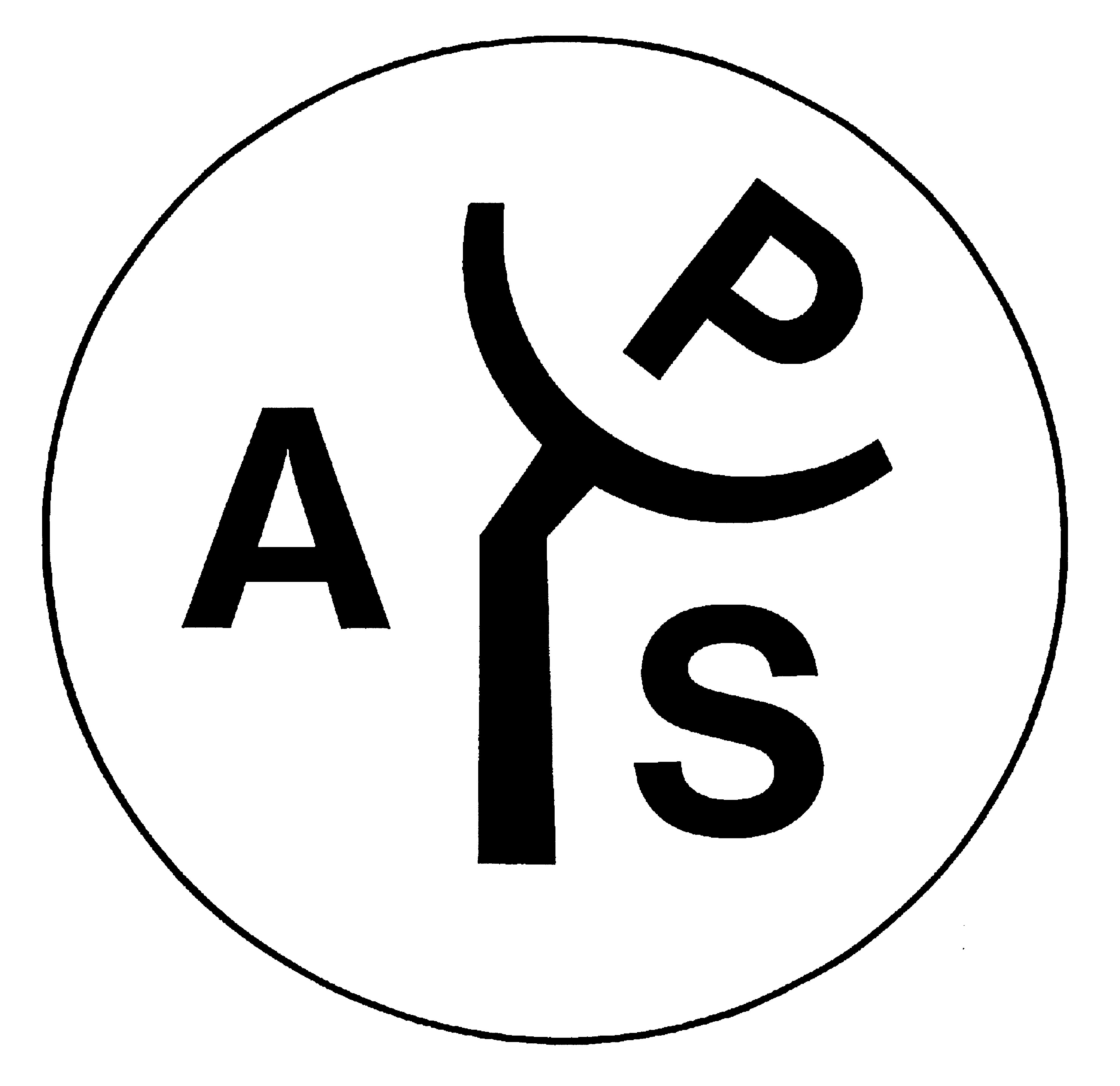Keynote 1
Convergence of Spectral Coexistence and Cognition in Radars
Dr. Kumar Vijay Mishra
The electromagnetic spectrum is a scarce resource that must be utilized efficiently. With the advent of wireless communication services, most modern radar systems encounter spectral interference from a coexisting communication service. This talk introduces a new paradigm of sub-Nyquist radars that employ the Xampling framework (compression + sensing) and pave the way for cognitive radars, which can share their spectrum with communication services without degradation in performance. State-of-the-art hardware prototypes, designed to demonstrate the feasibility of real-time spectrum sharing radars, will be presented.
Dr. Kumar Vijay Mishra obtained his Ph.D. in electrical engineering and his M.S. in mathematics from The University of Iowa in 2015, and his M.S. in electrical engineering from Colorado State University in 2012, while working on NASA’s Global-Precipitation-Mission Ground-Validation (GPM-GV) weather radars. He received his B. Tech. summa cum laude (Gold Medal Honors) in electronics and communication engineering from the National Institute of Technology, Hamirpur in 2003. During 2003-2007, he worked on military surveillance radars as a research scientist at the Electronics and Radar Development Establishment (LRDE) Defence Research and Development Organisation (DRDO) in Bengaluru. He was a research intern at Mitsubishi Electric Research Labs (Cambridge) and at Qualcomm (San Jose) in 2015. Since 2015, he has been an Andrew and Erna Finci Viterbi and Lady Davis postdoctoral fellow at the Faculty of Electrical Engineering, Technion - Israel Institute of Technology. He is the recipient of the Royal Meteorological Society Quarterly Journal Editor's Prize (2017), Lady Davis Fellowship (2016-2017), Andrew and Erna Finci Viterbi Fellowship (twice awarded, 2015, 2016), Technion EE Excellent Undergraduate Adviser Award (2017), DRDO LRDE Scientist of the Year Award (2006), Cornell Base-of-Pyramid Narrative Competition Prize (2009), Altera Forum Guru Challenge Winner (2008), and NITH Best Student Award (2003). His research interests include radar systems (theory and hardware), signal processing, radar polarimetry, and electromagnetics. His recent research is focused on radar applications in subNyquist processing, spectrum sharing, autonomous vehicles, MIMO, cognitive radars and deep











